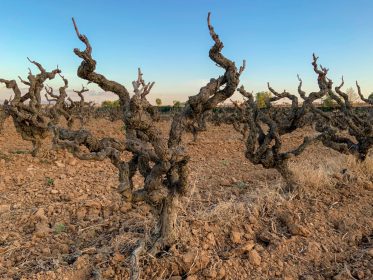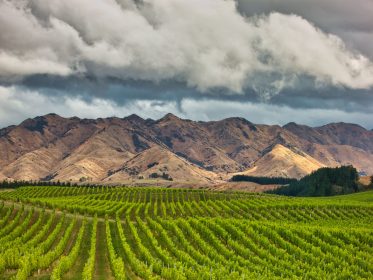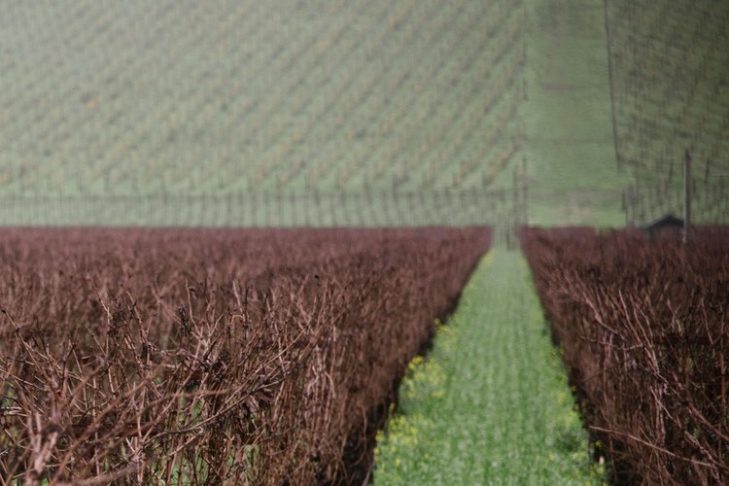The Old Vine Registry: A Passion Project to Preserve the World’s Heritage Vineyards
The Old Vine Registry is a new online database that aims to be the most comprehensive resource for information about old-vine vineyards around the world. The registry was launched by a group of wine lovers and experts who are passionate about preserving and celebrating the unique character of old vines.
The Old Vine Registry is a valuable resource for wine lovers, winemakers, and academics. The registry is covering all major wine-producing regions in the world, each entry including details such as the location of the vineyard, the grape varieties grown, the age of the vines, and the winemaker responsible for producing the wines. The registry also includes terroir and tasting notes for many of the wines produced from old vines.
In addition to providing information about old vines, the Old Vine Registry encourages people to get involved in the preservation of these special vineyards. The registry includes a “Submit a Vineyard” button that allows people to share information about old vines that are not yet in the database. It helps to ensure that the registry remains as comprehensive as possible.
The future of old vines is uncertain. Many old vines are being pulled up and replaced with younger ones due to several factors, including the increasing cost of winemaking, the changing climate, and the popularity of international grape varieties. However, there is a growing movement to preserve old vines.
Why do old vines matter? They hold the key to sustainability in the face of a planetary crisis. These ancient plants have survived and adapted to extreme conditions, making them more resilient to drought, heatwaves, pests, and diseases. They require less irrigation and chemical inputs, contributing to healthier soils and reduced environmental impact. Furthermore, old vines preserve clonal diversity and rare varieties, providing valuable genetic material for studying and propagating more resilient young vines. They also play a crucial role in local ecosystems, contributing to biomass, carbon storage, and hydrological cycles. Additionally, old vines represent a connection to history, tradition, and the people who have nurtured them. To protect these vital resources, we need to assign greater value to old-vine wines, invest in preservation efforts, and support initiatives that incentivise winegrowers and educate the community.
The creators of the Old Vine Registry deserve immense gratitude and recognition. Jancis Robinson, a renowned international wine writer, has played a crucial role in recognising and writing about the importance of old vines. Alder Yarrow, a WTA nominee in “Wine & Food Influencer/Author of the Year” category, was the architect and project manager who dedicated countless hours and expertise to developing the online platform. Tamlyn Currin collaborated with Jancis to bring the Old Vine Registry to life, contributing entries and regular articles. Sarah Abbott MW gathered the wine trade community, connecting people and transforming ideas into action. Benjamin Roelfs significantly expanded the registry, and Christo Spies, Ulrich Enslin, and their colleagues provided invaluable technological support. Lauren Bessen’s web design work added to the platform’s appeal. The launch of the platform was made possible through a generous grant from Jackson Family Wines.




